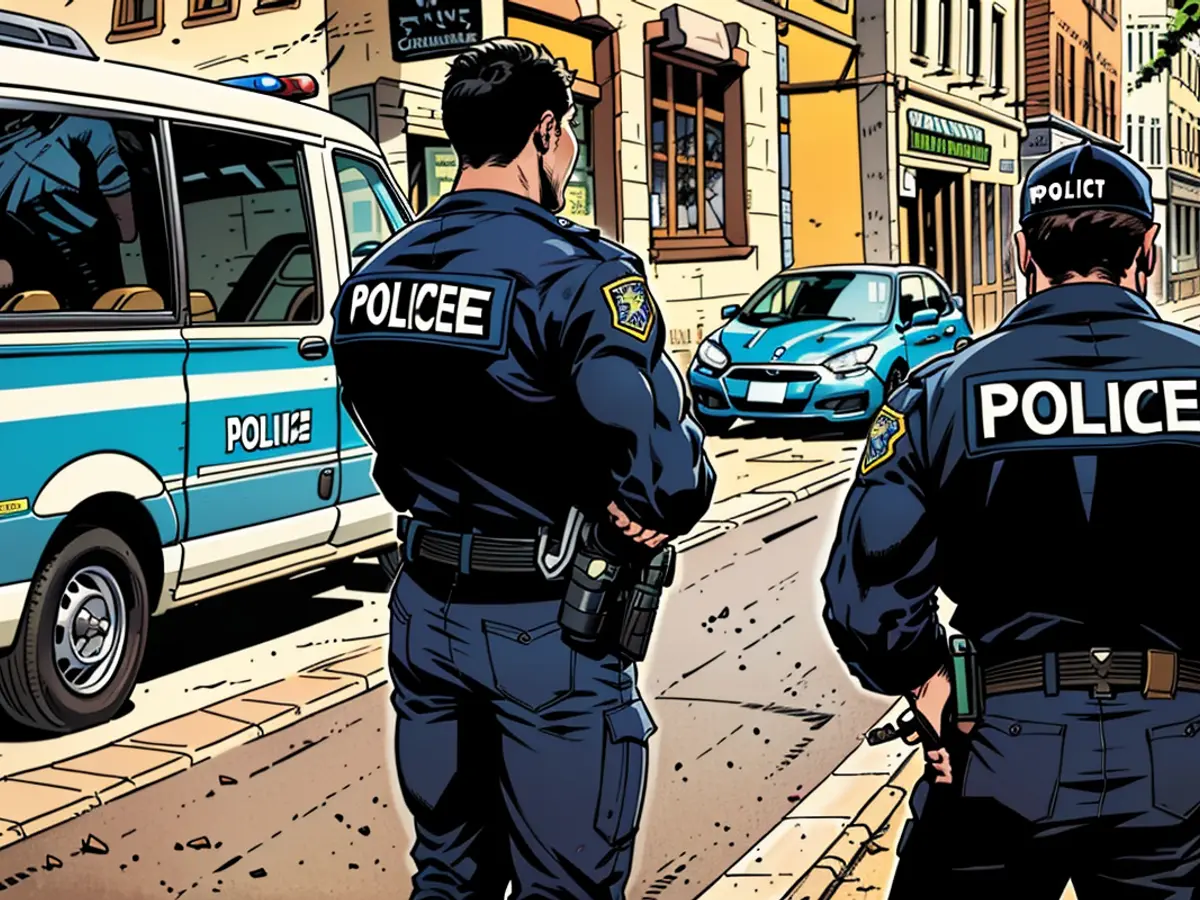Brunswick and Berlin described. - Lower Saxony takes steps against Salafists and forbids an association.
The German-speaking Muslim Community (DMG) faced a ban in Braunschweig, Lower Saxony, in an action against the Islamic scene in Germany on a Wednesday. Authorities accused the organization of violating the constitutional order and the concept of peaceful coexistence among different communities. Lower Saxony Interior Minister, Daniela Behrens from the SPD, stated that they would not allow any group that devalues non-believers, women, Jews, or their social order, and calls for their suppression. The minister added that this ban represented a strong strike against the Salafist community in Lower Saxony and beyond.
Authorities conducted searches at eight locations in Braunschweig and Berlin to enforce the ban. There were no reported arrests, and the DMG's assets were seized. The two locations searched in Berlin were reportedly apartments.
The DMG had been under surveillance by the Lower Saxony Constitutional Protection Agency for several years, and it had witnessed a gradual increase in radicalism. The organization reached numerous young people through online platforms and social media, according to the Interior Ministry. Some nationally recognized Salafist preachers had their sermons broadcast across different channels. However, these speeches contributed nothing to religion but rather spread hate, hostility, and incitement, they claimed.
Letter from Lower Saxony Interior Ministry regarding the DMG from June 2023. (Source: dpa)
Read also:
The ban on the German-speaking Muslim Community (DMG) was not limited to Brunswick, as searches were also conducted in Berlin. Despite the ban and searches, there were no arrests made at the Berlin locations. Daniela Behrens, the Interior Minister of Lower Saxony, made it clear that extremist groups that devalue women or any other group would not be tolerated in Germany. This crackdown on the Salafists in Lower Saxony and Berlin was seen as a blow to the wider Salafist community in the country. The Salafist preachers, whose sermons were broadcast on various platforms, were accused of promoting hate, hostility, and incitement, rather than fostering religion.








